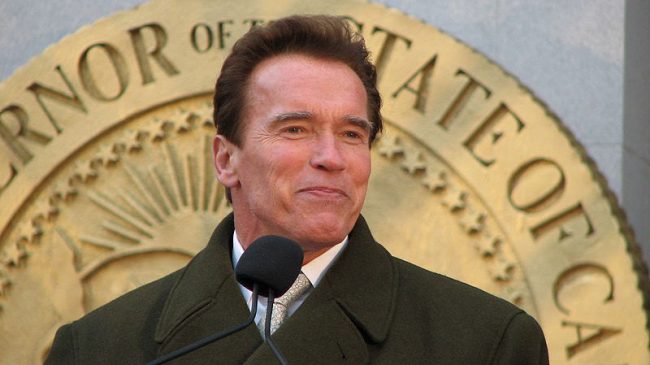Just as the 2,500-page California Performance Review was released, some California state legislators immediately declared the report was “dead on arrival” and had no chance of being implemented.
Here’s guessing they hadn’t read the epic report containing more than 1,200 recommendations cover to cover just yet.
Granted, not every recommendation will be, or should be, instituted – even Gov. Arnold Schwarzenegger stopped short of endorsing all of the specifics. But Schwarzenegger’s demonstrated commitment to serious reforms clearly threatens many of the back-room political deals and cushy, high-paid positions that have plagued California and contributed to record-setting deficits in recent years. Thus, there should be no surprise that special interests and career politicians are loudly complaining.
The long-term success of the California Performance Review rests on Arnold’s ability to successfully communicate his populist notions about government. He’s hoping there are pieces of the California Performance Review that provoke enough outrage from the people of California to get the special interests and career politicians to change their ways, starting with things like state boards and commissions.
The report recommends eliminating 118 of 339 boards and commissions in state government. The state doesn’t even have a master list of all the boards and commissions out there. While the state may not know who’s doing what, taxpayers are nevertheless paying these board members some hefty salaries. The report finds that the “17 boards and commissions whose members are the highest paid cost the state more than $9 million in board member salaries alone.”
As part of the belt-tightening, the performance review would reconfigure state government under 11 main agencies, getting rid of pointless duplication such as the current system of three separate tax agencies.
The review also smartly recommends trimming even more fat from the payroll: “We believe the state can get by with more than 12,000 fewer workers than it has now. The estimated cost savings versus the way the state currently does business is estimated at $4.3 billion between Fiscal Years 2005-2010,” the study concludes.
But unions will predictably fight over even one job lost, so there may be easier gains found elsewhere, in places like the sale of surplus state assets.
According to the report, the “state owns over 2,000 properties encompassing 2.5 million acres of land and 195 million square feet of buildings.” It’s still figuring out what all the property is actually being used for.
The review cites a couple of key examples in how to turn surplus or under-used land into cash cows: In 2002, San Diego Mayor Dick Murphy wrote to then-Gov. Gray Davis detailing his belief that the state’s plans were not properly utilizing property it owns in San Diego; and in Orange County, the review finds selling the fairgrounds in Costa Mesa could bring in $230 million.
In both cases, the government could make a windfall and help improve the quality of life in the state. The review estimates 1,000 new homes could be built on the fairgrounds site alone, helping ease the state’s ever-growing housing crisis.
Structurally, one of the key reforms calls for producing a state budget every two years, instead of every year. More than 20 states currently use a two-year budget because it improves oversight and limits the accounting gimmicks that have plagued California. Taxpayers thought the state was out of borrowing and accounting tricks and would have to face the deficit music this year. The recently passed budget shows we were wrong.
All 1,200 recommendations in the California Performance Review don’t have to be enacted for the state to reap huge benefits. If lawmakers roll up their sleeves and work through the details of the report, they’ll find that they can save taxpayer money and improve the quality of services we receive. Over 200 people teamed up for several months to put this review together. Are legislators willing to put in the same effort?
David Nott is the President of Reason Foundation.

